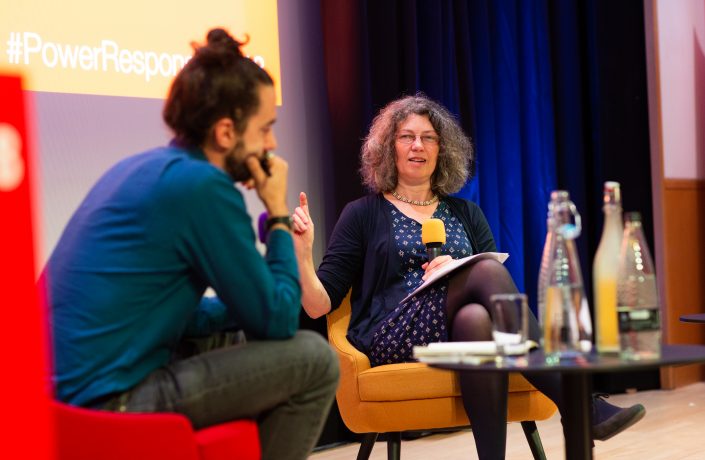 Insight
Insight


The Diana Award was thrilled to be a winner of a Digital Agenda Impact Award for our programme, Be Strong Online Ambassadors.
The Diana Award is a charity legacy to Princess Diana’s belief that young people have the power to change the world.
Launched in 2015, Be Strong Online is a peer-led digital resilience programme to help young people explore the digital world safely. The programme was developed by The Diana Award and Vodafone and is run in partnership with schools across the UK. To date we have trained over 3,000 young people and 500 members of staff as Be Strong Online Ambassadors.
You can check out a video of our training days here:
At The Diana Award we’re proud of all this programme has achieved. Over the past four years, we have worked with young people in schools across the UK to train them in the ten modules that is covered in Be Strong Online. These modules explore a range of online issues: everything from cyberbullying, digital footprint and social media to online gaming, selfies and digital detox. Each module contains the resources young people need to deliver short, interactive sessions on these topics with their peers.
We know that there is a pressing need for online safety education programmes in schools. The Be Strong Online Ambassador training explores the positives and negatives of the online world, and how to cope with negative online situations. Research illustrates the challenges faced by young people online, for instance:
We work to empower young people to be positive agents for change in their schools and communities. This programme empowers young people with the skills, knowledge, and confidence they need to tackle the issues affecting their peers online – from low self-esteem on social media and protecting your digital reputation and privacy to dealing with cyberbullying and knowing when to take a
digital break.
This peer-led approach is backed up by empirical evidence: research has revealed that 13-17 year-olds are more likely to confide in a peer (72%) than a parent (60%) or teacher (34%) should they experience online bullying. (The Diana Award/Facebook) Young people are more likely to confide in their friends rather than adults with 74% of young people stating they would tell a friends, 57% would tell their parents and only 47% would tell a school official. (Cassidy et al, 2009). We continue to deliver training to tackle bullying online and offline in schools across the UK. To find out more about our work visit www.antibullyingpro.com/training.
Fourteen young people from Acklam Grange School in Middlesbrough were trained as Be Strong Online Ambassadors last year. Since then they have visited primary schools to empower younger students to stay safe online when they get their first device. They have also used creative ways of encouraging online safety, such as sharing the toothbrush rule: ‘treat your password like you treat your toothbrush – don’t share either!’ They built a giant toothbrush which is placed around the school when they run sessions and assemblies. They have also run several initiatives around mental health awareness, especially relating to social media and excessive internet use. The Be Strong Online Ambassadors take their roles very seriously and are driven to take the programme forward this year.